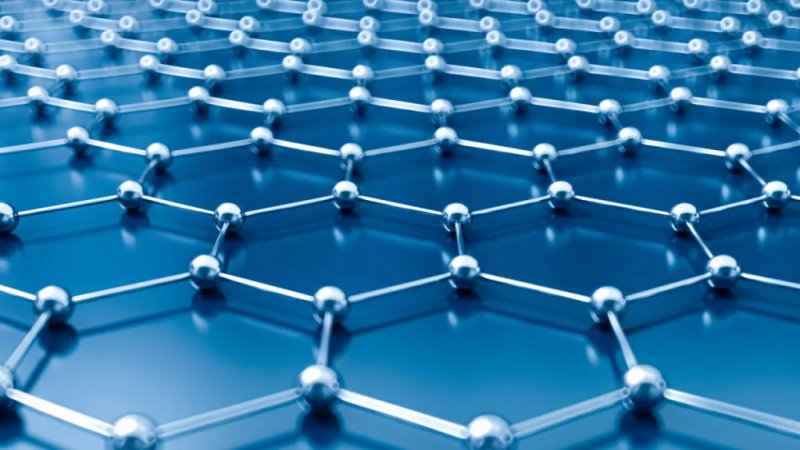
Graphene-based antibiotic resistance screening test attracts investment
Delft-based companies Applied Nanolayers (ANL) and Soundcell have received a 270,000-euro R&D grant from regional investment fund Uniiq to develop a high-throughput antibiotic sensitivity test that harnesses the power of graphene. The 18-month project will serve to optimize the platform, taking it a step closer to a scalable antibiotic screening solution.
The announcement follows research undertaken at Delft University of Technology and published in Nature Nanotechnology last year where ultrathin bilayer graphene was used to detect nanoscale forces generated by bacteria. By tracking the changes in the bacteria’s nanomotion when different types of antibiotics are administered, the team was able to demonstrate that graphene drums can effectively perform antibiotic susceptibility testing with single-cell sensitivity.

Soundcell was recently founded to commercialize these results. Bacteria becoming insensitive to antibiotics is a major healthcare problem, and the availability of a fast screening toolkit would lead to more effective treatments. Additionally, it would be a powerful new weapon in the fight against antibiotic resistance. “By developing a much faster and more sensitive method for diagnosing bacterial resistance, our work with ANL is a critical effort in the fight against a threat that endangers millions of lives worldwide,” comments Soundcell CEO Aleksandre Japaridze.
ANL’s history goes back much further than that, having been founded well over a decade ago by an entrepreneur and two Leiden University scientists. The company has tweaked a chemical vapor deposition process to grow high-quality, wafer-scale sheets of 2D materials, including graphene. Co-founder and current CEO Paul Hedges told Bits&Chips last year that his company was seeing a “drastic increase in demand” for graphene used in sensing applications.
“The team at Soundcell has made a phenomenal scientific breakthrough, and ANL will provide the quality and volumes of graphene needed to deliver on that vast potential. Our work over the next few months will therefore focus on delivering suitably sensitive chips with arrays of graphene membranes that can be reliably manufactured in the high volumes that will be required by healthcare providers,” says Hedges.
The 28.8-million-euro Uniiq fund focuses on proof-of-concept phase investments in companies based in the west of the Netherlands. It was set up by a consortium of Erasmus MC, TU Delft, Leiden University and the regional development agency Innovationquarter.






